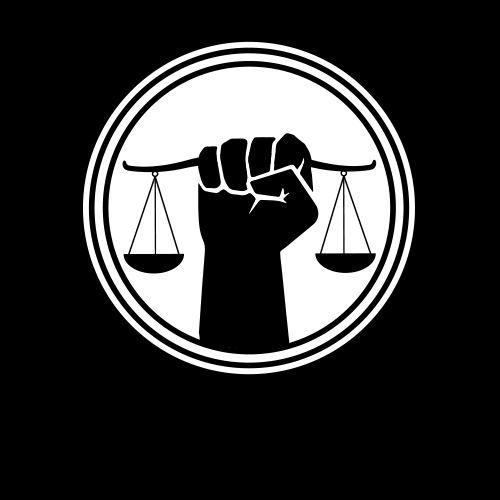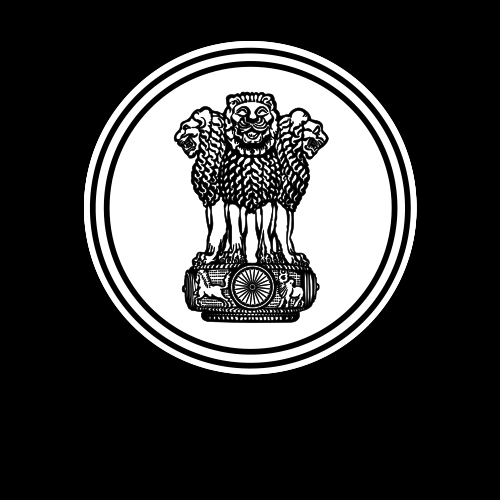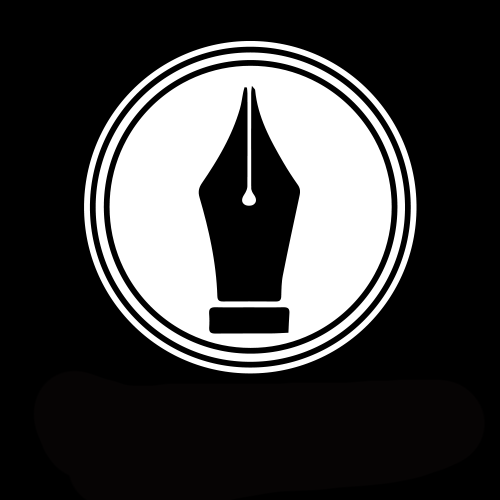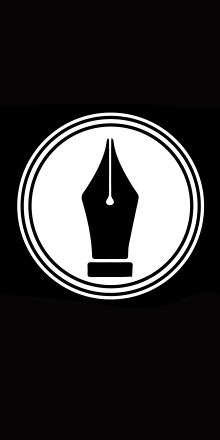

COMMITTEES
 UNHRC
UNHRC
Human Rights Council
Foreword
The United Nations Human Rights Council is a General Body
Committee dedicated to protecting and promoting human rights
across the globe Where representatives of member-states
collectively tackle humanitarian impediments such as genocide,
refugee crises, persecution of minorities, etc.
Delegates of the Human Rights Council are encouraged to find
viable solutions to end the prejudice and take steps towards
making the world a place where everyone can be proud of their
heritage and identity.
We endeavor to acknowledge and resolve these humanitarian crises
around the world, affecting millions of innocent individuals. To
ensure that the committee abides by the charter and adequately
mitigates these issues, we encourage you to voice your opinions,
solutions and perspectives as a representative in the UNHRC.
Agenda
1) Two-year-old Noor and her family were forced to flee a
horrific explosion of violence in Myanmar last summer.
They epitomise the 720,000 Rohingya refugees that are coerced to
escape from Myanmar due to annihilation of their homes and
infliction of deadly attacks by the militants. The United
Nations described the military offensive in Rakhine, which
provoked the exodus, as a "textbook example of ethnic
cleansing".
From what’s considered to be the world’s fastest growing refugee
crisis, escapees arrive at the settlement in Cox’s Bazaar,
Bangladesh. Yet, they stand surrounded by peril.
Political power struggles aside, safeguarding the lives of the
citizens must be at the forefront of the delegates’ priority.
2) Racism, racial discrimination, xenophobia and related forms
of intolerance. 195 countries. 5000 ethnic groups. 7 billion
people.
Each individual has an innate prerogative to all human rights
regardless of their racial identity. Yet, billions of innocent
citizens are mindlessly discriminated against in most countries.
Racism, racial discrimination and xenophobia are just some of
the forms of intolerance that address the plight of individuals
that are mistreated solely on account of their identity.
Executive Board
 Vishika Kapoor
Vishika Kapoor
Chair
 Himanshi Sharma
Himanshi Sharma
Vice Chair
 Verainya Priyankar
Verainya Priyankar
Moderator
 APC
APC
American Presidential Cabinet
Foreword
The American Presidential Cabinet is an advisory body consisting
of the senior-most officers of the government administration,
who aid the President in making numerous crucial decisions
regarding the governance of the country. Each advisor is
assigned a portfolio, an aspect of governance that the
individual is professionally skilled in, to facilitate smooth
and effective decision-making.
At Podar Summit 2019, the Cabinet will operate as Continuous
Crisis Committee, where representatives will be updated with
numerous crises, which will effectively test their acumen under
immense pressure of time and quality.
Arguably the most exhilarating committee of the Summit, the
American Presidential Cabinet promises plenty of fast-paced
action, quick decision-making, and persistent challenges for the
enterprising and seasoned delegate.
Initial Crisis
With the completion of a hundred days of the Trump Administration in office, civil unrest is constantly at a peak high. In order to curb dissent, the President has raised the alarm over a terror threat, with an explosion in Pittsburgh, killing two and injuring ten. The citizens are unaware of the provenance of this deed and terror has spread across the country compelling large sections to demand appropriate action.
Executive Board
 Pranav Annur
Pranav Annur
Chair
 Madhav Singhal
Madhav Singhal
Vice Chair
Crisis Team
 Ojus Sharma
Ojus Sharma
Head Co-ordinator
 Aarav Mehrishi
Aarav Mehrishi
Deputy Head
 AU
AU
African Union
Foreword
The African Union is a committee that aims to achieve greater
harmony and understanding between the African countries. The AU
seeks to accelerate Africa’s growth and socio-economic
development by championing citizen inclusion, increased
cooperation and integration of African states, and promoting
peace, security and prosperity. It functions as a General Body
Committee comprising representatives from African countries and
is the highest authoritarian provision regarding its continental
affairs.
The AU is guided by its vision of “An Integrated, Prosperous and
Peaceful Africa, driven by its own citizens and representing a
dynamic force in the global arena.”
Agenda
Since December 2018, the situation in Sudan has been tense, with
the military having assumed power after deposing President
Bashir. Escalating turmoil, incessant bloodshed, and the
political stalemate between protestors and the military have
created an atmosphere of insecurity and instability. Such a
situation warrants immediate intervention by the African Union.
Here's a chance for delegates to step up - after having spread
awareness by changing their Instagram displays, it's now time to
discuss solutions.
Executive Board
 Samarth Gulla
Samarth Gulla
Chair
 Shlok Mulye
Shlok Mulye
Vice Chair
 Ananya Ahuja
Ananya Ahuja
Moderator
 MEA
MEA
Ministry of External Affairs
Foreword
The Ministry of External Affairs is a portfolio under the
Government of India that is responsible for representing India
overseas, as well as for various diplomatic missions. This
Government agency has been a prolific guiding authority in
formalising India’s relations with other nations and prominent
international organisations like the UN, SAARC, WTO, etc. Headed
by the Minister of External Affairs, MEA strives to be a liable
institution for any and all diplomatic affairs concerning the
Republic of India. The apolitical staff comprises ranked
officials that are a part of the Indian Foreign Services.
Requiring an in-depth knowledge of world affairs, the skill of
negotiating tactfully in critical situations, and the ability to
think on one’s feet - the MEA presents an interesting challenge
for astute delegates wishing to try their hand at diplomacy.
Agenda
MEA has been specially devised for young policy makers who aspire
to take on the roles of Foreign or Diplomatic Service officers
and create a new outlook on Indian foreign policy.
A compelling element of the committee is the fact that it is to
be presided by the Minister of External Affairs and his staff,
who will ensure that the cabinet effectively averts forthcoming
diplomatic crisis situations. The committee will also observe
key leaders, including the Prime Minister, and other relevant
parliamentary committee representatives.
Alternatively, the commitee is designed to be futuristic and
accomodative of recent prospective international conflicts; for
instance, there has been a recent development in the tension
between Iran and USA which involves New Delhi, and it will be
our priority to deal with both Washington and Tehran without
violating our current international stand
Executive Board
 Avirat Parekh
Avirat Parekh
Chair
 Nikhil Trikha
Nikhil Trikha
Vice Chair
 Karan Moza
Karan Moza
Vice Chair
 UNSC
UNSC
Security Council
Foreword
The United Nations Security Council is one of the six principal
organs of the UN. It is the United Nations' most powerful body,
with "primary responsibility for the maintenance of
international peace and security." Five powerful countries with
veto power sit as permanent members along with ten elected,
non-permanent members.
The powers of the UNSC include the establishment of peacekeeping
operations and international sanctions, as well as the
authorization of military actions through resolutions – it is
the only body of the United Nations with the authority to issue
binding resolutions to member states.
A power-riddled committee dealing with escalating tensions in
conflict-driven regions, the UNSC at Podar Summit 2019 promises
stimulating debate and tough negotiation, the likes of which
have never been experienced before.
Agenda
1)In July 2018, the government in Haiti announced the withdrawal
of subsidies on fuel, leading to 50 per cent price hikes.
Agitated masses rose up in protest, leading to rampant thievery.
Danger to foreign tourists and volunteers stranded in the
country has necessitated the intervention of the Security
Council, which must take action to restore normalcy in the
region. Creative solutions, tactful negotiation, concrete action
- delegates must use every means at their disposal to ensure
timely and peaceful resolution of the crisis.
2)Mali is in the grip of an unprecedented crisis, as it faces
dual challenges of Islamist extremism as well as insurgency
forces. Five major terrorist groups have taken control of
central Mali, imposing strict Sharia law, and spreading jihad.
Military-style executions, mutilation of bodies in the name of
Islamic law, kidnapping of Western aid workers and tourists, is
rampant. In the absence of a strong government and a unified
military, it falls to the Security Council to restore peace in
the region.
Executive Board
 Fatema Kinkhabwala
Fatema Kinkhabwala
Chair
 Vedant Vishwanathan
Vedant Vishwanathan
Vice Chair
 Gaurangi Pande
Gaurangi Pande
Moderator
 IP
IP
International Press
"I fear three newspapers more than a thousand baronets." - Napoleon Bonaparte.
Dear Delegates,
It's an exciting time to be a journalist. Gone are the
days when news was restricted to crinkly old newspapers,
about issues nobody cared about. News is now available
through so many outlets, and covers such a vast variety
of topics, that it holds something of interest even to
the most disinterested individual.
Media is the persistent watchdog, the impartial judge,
the meticulous custodian that records humanity's
greatest achievements and failures. It has the power to
topple governments, mould public opinion, and unmask
even the most surreptitious conspiracy. A testament to
the power of the press - in 2001, investigative magazine
Tehelka conducted the infamous 'Operation West End', a
sting operation that successfully unveiled the rampant
corruption in the Defense Ministry. Numerous senior
officials were caught accepting bribes on tape, which
sparked nationwide outrage and resulted in the
resignation of the then Defense Minister, George
Fernandes.
Despite the merits of the press, we live in an era where
news has been reduced to sensational headlines and
baseless controversies. As such, it is imperative for
journalists to be impartial, objective, and above all,
reliable. Media outlets are flooded with citizen
reporters masquerading as journalists, and circulating
unverified information devoid of context. Blatant lies,
doctored clips, and photoshopped images are being used
to further political propaganda, and innocent civilians
get caught in the crossfire.
At Res Novae (our publication at Podar Summit 2019), we
believe in journalistic integrity, dispelling hoaxes,
and reporting on events that matter. It is our zeal to
serve as a trustworthy source of information to all
ideological groups, irrespective of which end of the
spectrum they fall in. We expect unbiased facts,
substantiated by hard evidence; sensitive reporting; and
comprehensive coverage from our journalists.
As Nobel laureate Albert Camus succinctly put it
"Journalism can never be silent - that is its greatest
virtue and its greatest fault. It must speak, and speak
immediately, while the echoes of wonder, the claims of
triumph and the signs of horror are still in the air."
We sincerely hope you use your power to the greatest
benefit.
Shivi Mohan (Head of International Press)
Chanchal Bajoria and Ira Welankar (Co-heads of Print
Journalism)
In case of any inquiries regarding the International
Press Corps, please feel free to contact us at
Shivi Mohan
shivi.mohan@rnpodarschool.com
Ira Welanker
ira.welanker@rnpodarschool.com
Chanchal Bajoria
chanchal.bajoria@rnpodarschool.com
